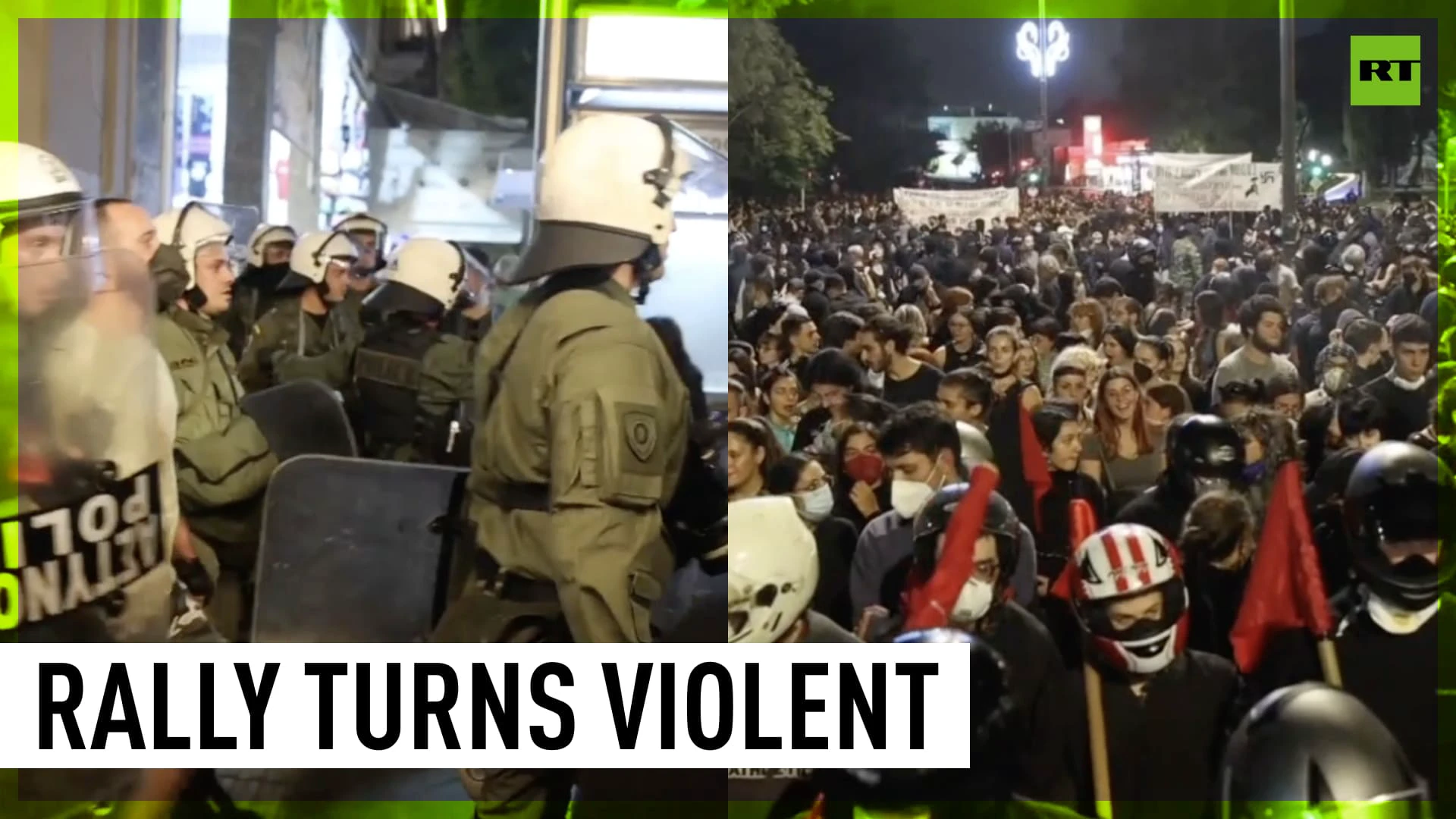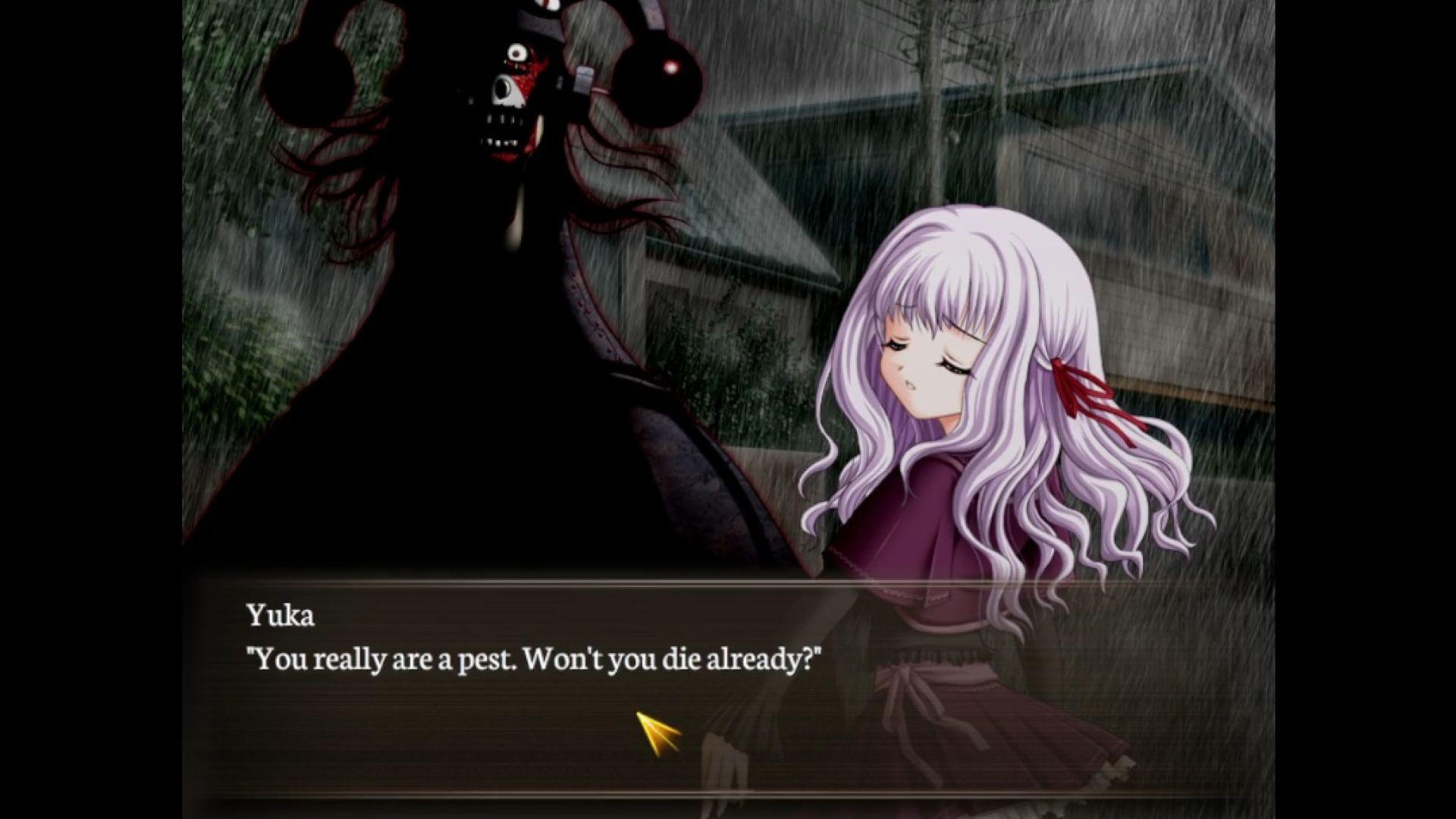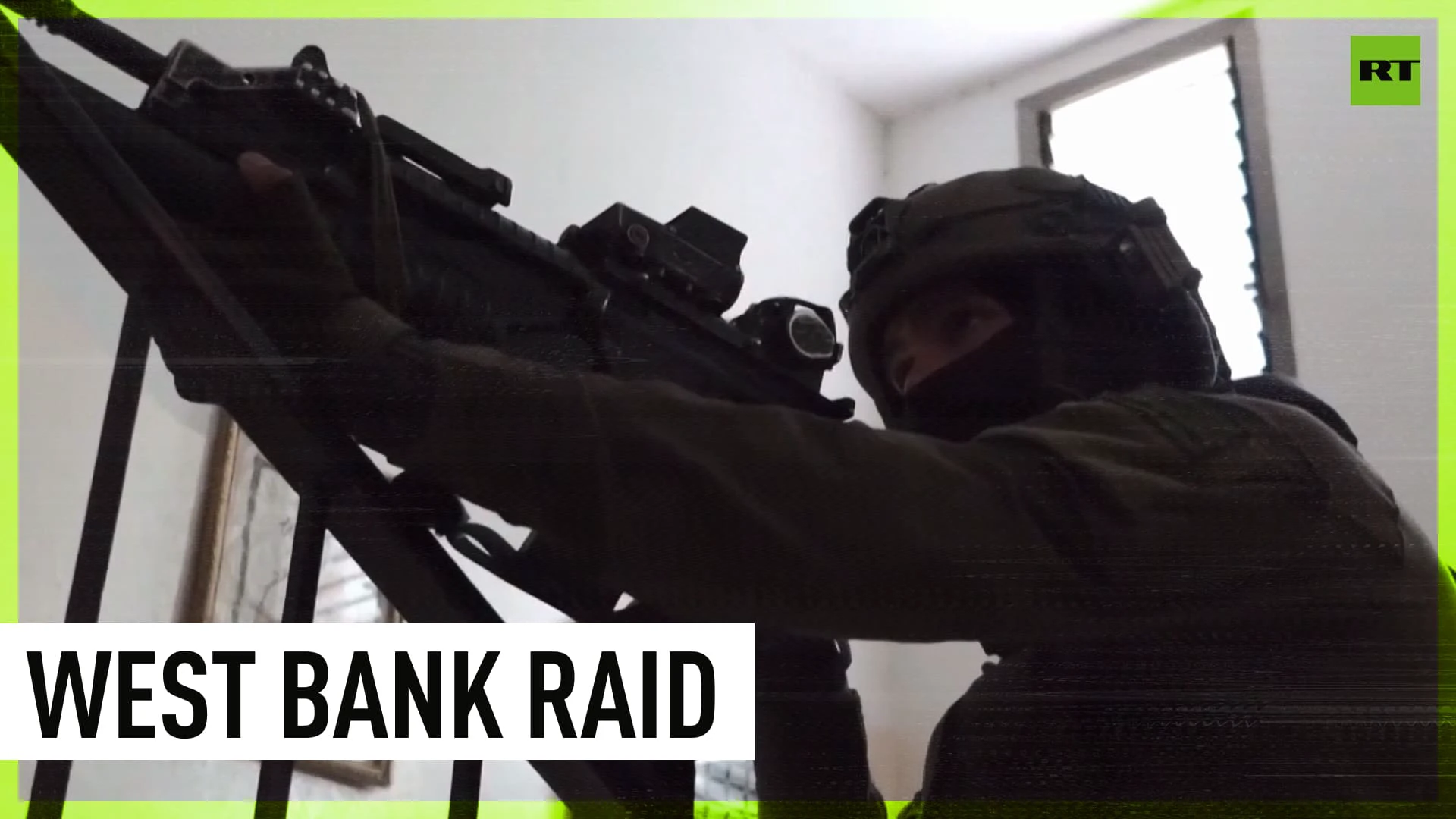Dear Creators, we are proud to announce an amazing affiliate program for you to earn some serious and continual cash. Read about our affiliate progarm here.
Caros criadores, temos o orgulho de anunciar um incrível programa de afiliados para vocês ganharem muito dinheiro de forma contínua. Leia sobre nosso programa de afiliados aqui.
Battle of Athens Tennessee in 1946 by Judge Matt Green
Judge Matt Green, of Mobile Alabama, tell the story of a group of patriots, who would not let their town be taken over by a organized crime, even if they were wearing badges. <br>On 2 August 1946, some Americans, brutalized by their county government, used armed force to overturn it. These Americans wanted honest, open elections. For years they had asked for state or Federal election monitors to prevent vote fraud -- forged ballots, secret ballot counts, and intimidation by armed sheriff's deputies -- by the local political boss. They got no help. <br>These Americans' absolute refusal to knuckle-under had been hardened by service in World War II. Having fought to free other countries from murderous regimes, they rejected vicious abuse by their county government. These Americans had a choice. Their state's Constitution - Article 1, Section 26 - recorded their right to keep and bear arms for the common defense. Few "gun control" laws had been enacted. <br>These Americans were Tennesseans of McMinn County, located between Chattanooga and Knoxville, in Eastern Tennessee. The two main towns were Athens and Etowah. <br>McMinn County residents had long been independent political thinkers. They also had long: <br>• accepted bribe-taking by politicians and/or the Sheriff to overlook illicit whiskey-making and gambling; <br>• financed the sheriff's department from fines - usually for speeding or public drunkenness - which promoted false arrests; <br>• put up with voting fraud by both Democrats and Republic. <br>Paul Cantrell was elected Sheriff in the 1936, 1938, and 1940 elections, but by slim margins. The Sheriff was the key County official. Cantrell was elected to the State Senate in 1942 and 1944; his chief deputy, Pat Mansfield, was elected sheriff. In 1946, Paul Cantrell again sought the Sheriff's office. <br>IV. World War II Ends; Paul Cantrell's Troubles Begin <br>At end-1945, some 3,000 battle-hardened veterans returned to McMinn County. Sheriff Mansfield's deputies had brutalized many in McMinn County; the GIs held Cantrell politically responsible for Mansfield's doings. Early in 1946, some newly-returned ex-GIs decided: <br>• to challenge Cantrell politically; <br>• to offer an all ex-GI, non-partisan ticket; <br>• to promise a fraud-free election. <br>In ads and speeches the GI candidates promised: <br>• an honest ballot count; <br>• reform of county government. <br>The election was held on 1 August. To intimidate voters, Mansfield brought in some 200 armed "deputies". GI poll-watchers were beaten almost at once. <br>Short of firearms and ammunition, the GIs scoured the county to find them. By borrowing keys to the National Guard and State Guard Armories, they got three M-1 rifles, five .45 semi-automatic pistols, and 24 British Enfield rifles. The armories were nearly empty after the war's end. <br>By eight p.m., a group of GIs and "local boys" headed for the jail to get the ballot boxes. They occupied high ground facing the jail but left the back door unguarded to give the jail's defenders an easy way out. <br>Three GIs - alerting passersby to danger - were fired on from the jail. Two GIs were wounded. Other GIs returned fire. Those inside the jail mainly used pistols; they also had a "tommy gun" (a .45 caliber Thompson sub-machine gun). <br>Firing subsided after 30 minutes: ammunition ran low and night had fallen. Thick brick walls shielded those inside the jail. Absent radios, the GIs' rifle fire was un-coordinated. "From the hillside, fire rose and fell in disorganized cascades. More than anything else, people were simply 'shooting at the jail'." (Byrum, p. 189). <br>Several who ventured into "no man's land", the street in front of the jail, were wounded. One man inside the jail was badly hurt; he recovered. Most sheriff's deputies wanted to hunker down and await rescue. Governor McCord mobilized the State Guard, perhaps to scare the GIs into withdrawing. The State Guard never went to Athens. McCord may have feared that Guard units filled with ex-GIs might not fire on other ex-GIs. <br>At about 2 a.m. on 2 August, the GIs forced the issue. Men from Meigs county threw dynamite sticks and damaged the jail's porch. The panicked deputies surrendered. GIs quickly secured the building. Paul Cantrell faded into the night, almost having been shot by a GI who knew him, but whose .45 pistol had jammed. Mansfield's deputies were kept overnight in jail for their own safety. Calm soon returned: the GIs posted guards. The rifles borrowed from the armory were cleaned and returned before sun-up. <br>VII. The Aftermath: Restoring Democracy in McMinn County <br>In five precincts free of vote fraud, the GI candidate for Sheriff, Knox Henry, won 1,168 votes to Cantrell's 789. Other GI candidates won by similar margins.























SORT BY-
Top Comments
-
Latest comments